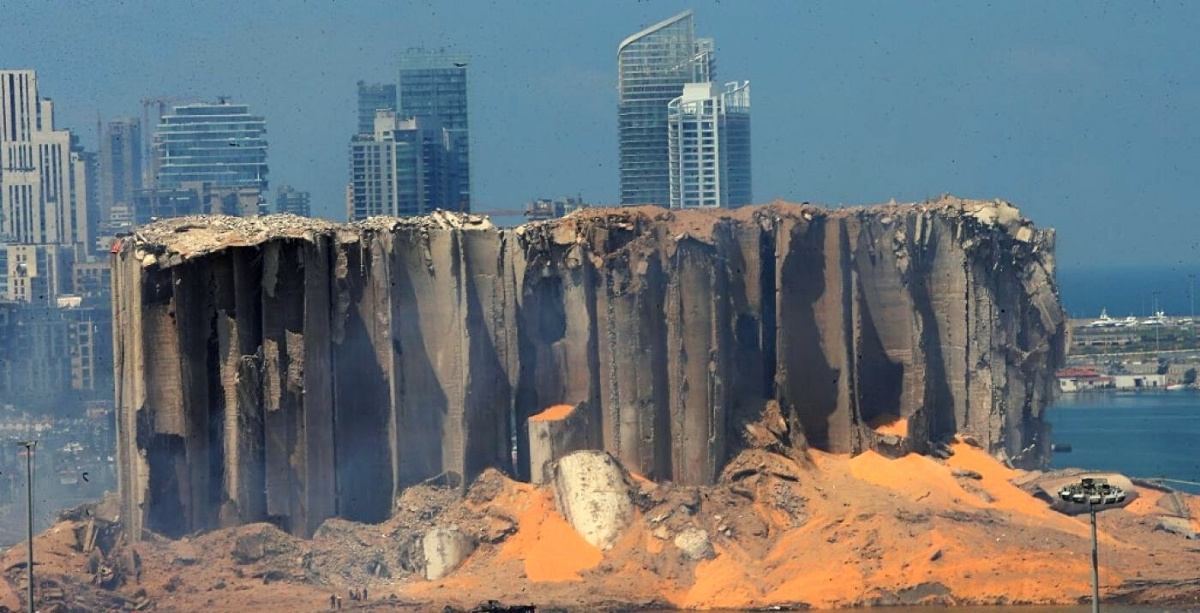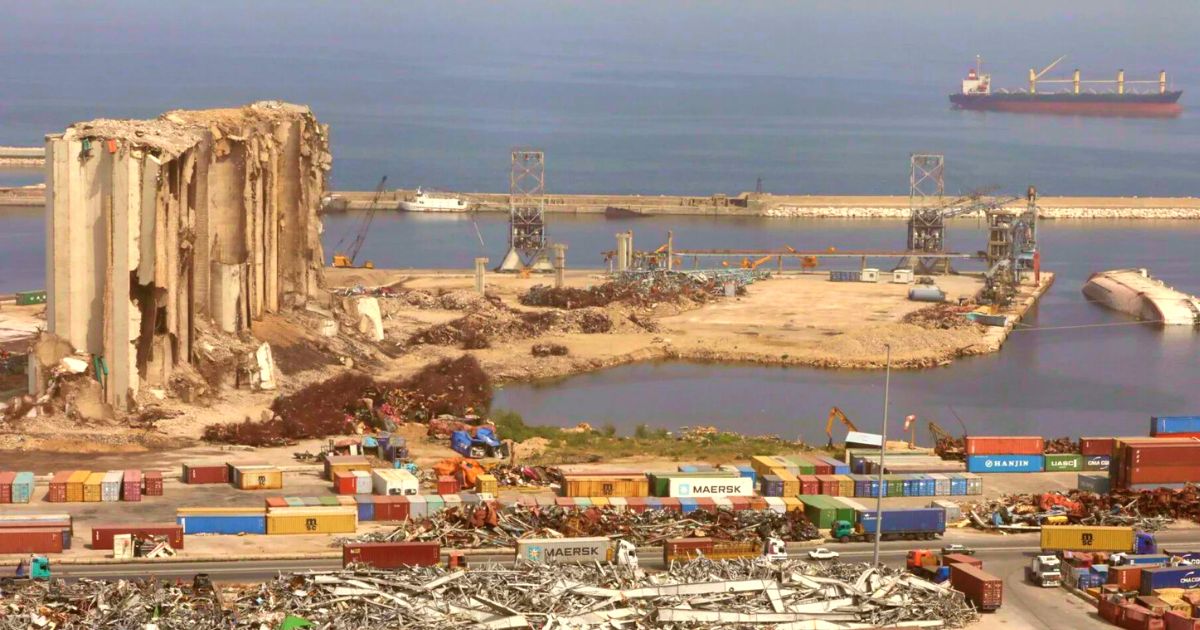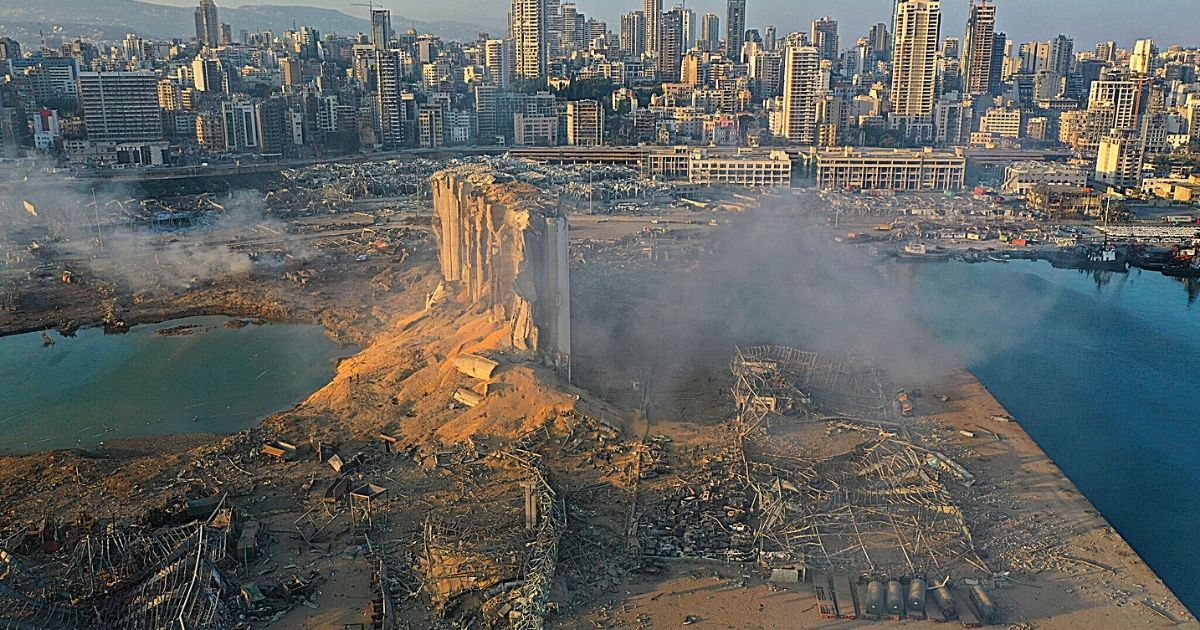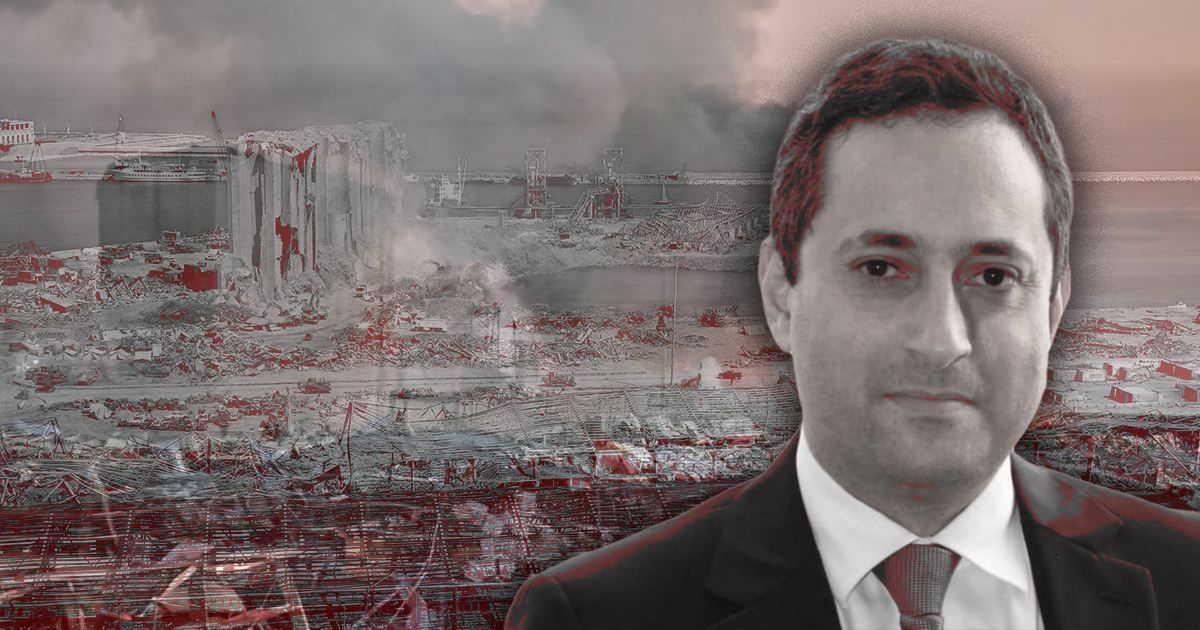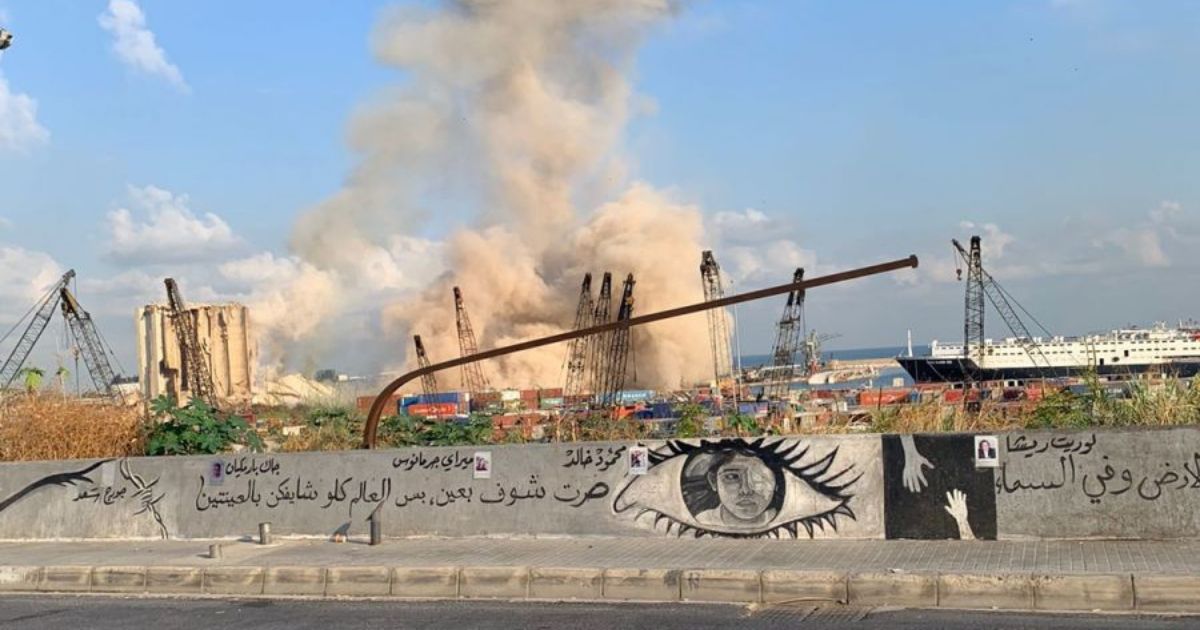Caretaker Economy Minister Raoul Nehme announced that the Lebanese authorities intend to demolish what remains of the silos located at the Port of Beirut.
In a Thursday press conference, Nehme revealed that the grain silos have been found to be endangering public safety due to having a high risk of collapse, and that’s according to the findings of the experts who have evaluated their condition.
The silos, which were severely damaged during the massive port explosion that ravaged Beirut on August 4th, were themselves believed to be at risk of exploding because of the gases emitted by the grains stored inside them, the official said.
“I asked the [prime minister] to have the Council for Development and Reconstruction help us eliminate the threat of the explosion. He informed us that the council does not have experts in this regard,” Nehme explained.
After a series of calls, a number of experts, including one who came from Paris, arrived at Beirut Port to inspect the destroyed silos.
The experts’ findings were reassuring, Nehme said, as they revealed that an explosion would need a much higher heat level than the current one, which doesn’t exceed 50 degrees Celcius.
Eventually, after continued study, it was concluded that the silos’ collapse is possible “at any moment, especially since the foundations are damaged, and demolishing them has become necessary to avoid any other problem that may arise.”
However, before the demolition can take place, the grains stored inside, deemed unsuitable for human or animal consumption, must be removed, Nehme noted.
With that said, the caretaker minister confirmed that the emptying and demolition of the silos will take place in coordination with the Lebanese Army and with engineers in Lebanon and abroad.
The 50-meter-high silos, constructed with robust materials in the late 60s, were credited with saving Beirut and its residents from a far worse fate during the port explosion after absorbing much of the blast’s devastating impact.
Despite the reported risk of collapse, that structure, which has been one of the main landmarks of Beirut, will be lost forever, another loss to add to the many dispiriting consequences of the blast.
